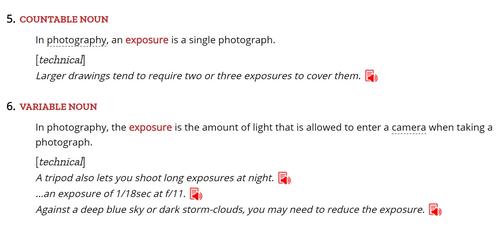I once made a financial presentation to a nonprofit board. Afterwards, someone congratulated me on understanding the financial position of the institution so well. I told her that I hoped that now she did, too. She said, “Oh, no, I’m not a numbers person.” I told her that I understood that it was difficult to look at dense columns of numbers and gain meaning, and that’s why I presented most of the material as graphs. She smiled at me, and said “I don’t do graphs, either.” There was no sense that she regarded her rejection of a quantitative understanding of the world as any kind of impediment at all. In fact, there seem to be a dismissive attitude toward numbers and the people who employed them.
I’ve encountered this attitude often, although not usually in such striking form. I’ve never seen its opposite: an embracing of numeric analysis and rejection of qualitative understanding. No one has ever said to me, “I’m just not a words person.”
I know that not everyone is equally comfortable and competent in both worlds. Engineers, for example, are by reputation -- and sometimes in actuality – deficient in their ability to write and speak clearly and persuasively. When I was running engineering at Rolm, I noticed that internal memos and reports were not as clear or pleasant to read as they could have been, so I started to hand out copies of Strunk and White to all newly-promoted engineers. No one ever said, “We don’t need no stinking style book.” Maybe they were just too polite. I never encountered an engineer who was proud of having only rudimentary language skills.
What’s all this got to do with photography? The same attitudes are in play there. Photography is a technical pursuit, and, for many, it’s an artistic activity. Some people get carried away with their love of the technology, and produce mundane art, or, occasionally, no art at all. Some reject the technology even as they employ it, and sometimes their art suffers for that dismissal. This is not a new phenomenon; it was with us in the film era. There were photographers who eschewed light meters, uncapping the lens until they felt enough light enter the camera. There were people who said that Ansel Adams’ Zone system was unnecessarily technical, useless nonsense; all a photographer had to do was expose for the shadows and develop for the highlights, and that any photographer worth his salt could do that without resorting to numbers.
On the ‘net’s photographic fora people have occasionally complained that postings with what they considered to be overly technical content have ruined their enjoyment. Rather than just pass by the posts that they consider uninteresting, they protest their existence. Just as in the larger world, no one seems to do the opposite


